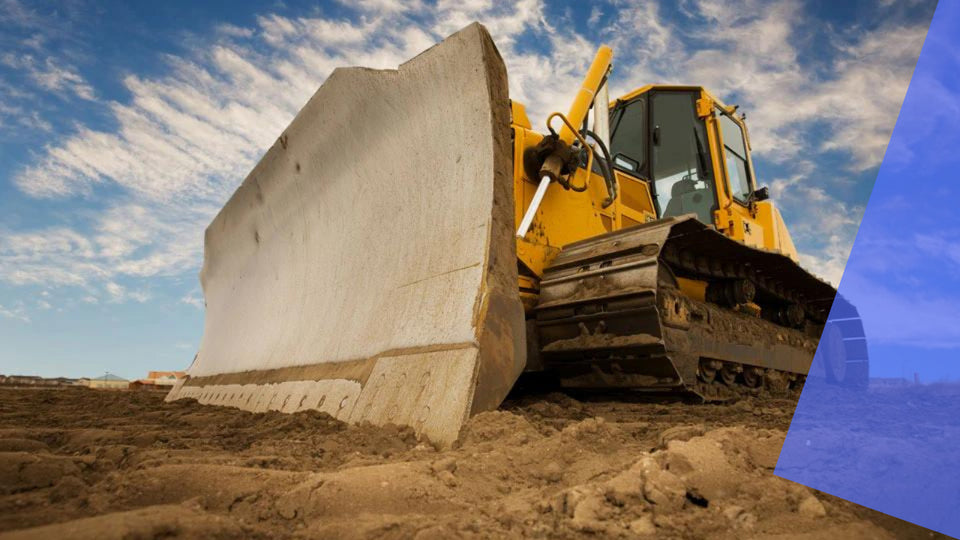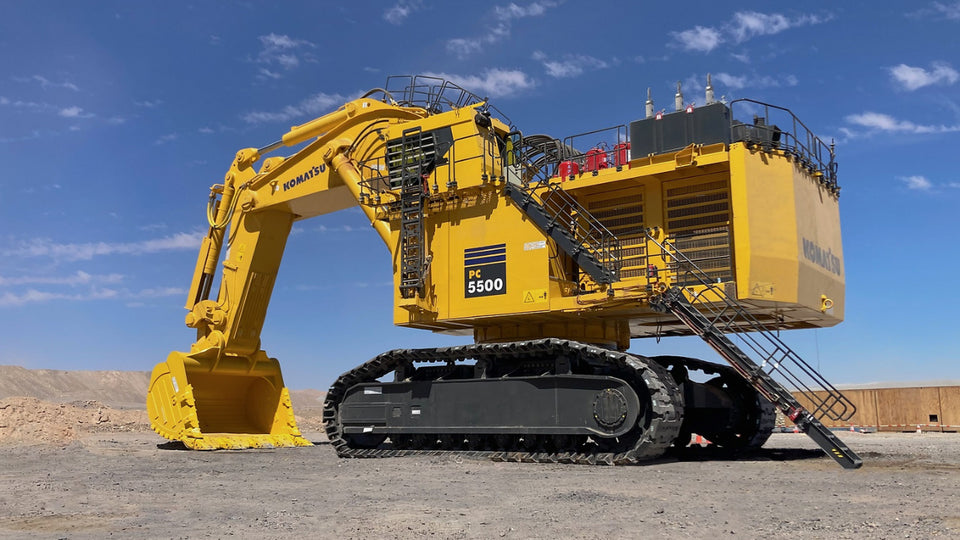Heavy Construction vehicles like excavators are imperative to any construction company's success. With the construction market on the continuous rise, excavators themselves are coming into higher demand. Excavators can be used for big and small jobs around cities or residential areas alike.
Excavators are the backbone of any heavy-duty construction detail. In this excerpt, we will be outlining and briefing you on key details pertaining to excavators and their relationship with final drive motors. Let’s take a quick look at what these machines are capable of, to begin with.
Excavator Sizes
First to note, there are three variations of excavators in terms of sizing. These sizes dictate what kind of jobs are able to be completed by the machine and a direct correlation to diggin power as a result. The three sizes of excavators fall under, Compact mini excavators, Mid-size excavators, and large excavators.
As the name suggests (Heavy construction vehicles) these machines are very heavy, and they are capable of picking or moving heavy loads of debris depending on the job. An average small-sized heavy construction vehicle can weigh anywhere around 3,700lbs or roughly 1.5 tons. On the other hand, most of the larger heavy construction vehicles pull in a weight sitting around 100 tons.
Horse & Digging Power
Excavators are for lifting and moving heavy loads of debris, naturally, these machines can generate formidable amounts of force to do so. The typical range of horsepower associated with these machines ranges from 15 horsepower to 600 horsepower.
The larger the excavator is the deeper the digging range offered. Mini and compact excavators typically dig a few meters. Bigger and heavy excavators are known to have a digging range up to 32 sometimes a bit more depending on the size of course.
Excavator Maintenance
With any kind of functional machinery, there are bound to be issues in the hardware that can halt the effectiveness of the excavator entirely. Excavators must be maintained for quality performance, one common mechanical point of interest is a failure in the final drive motor. These motors can experience issues for a variety of reasons, most commonly a leakage in gear fluid. It’s imperative that after every 100 hours of vehicle use an inspection is issued to make sure nothing has problems. Final drive motor gear oil should be exchanged roughly once a year.
If you think you're experiencing final drive motor issues you can reach out to precisionfinaldrives.com for an inspection. They cover any and all final drive motors and have an extensive list containing top final drive brands if you need a new replacement.
Contact PrecisionFinalDrives.com
Call: (888) 511-6332
Email: Contact@precisionfinaldrives.com


